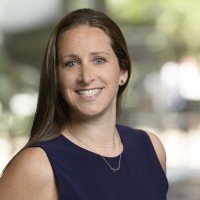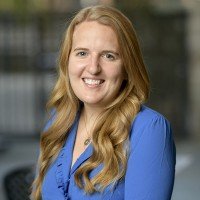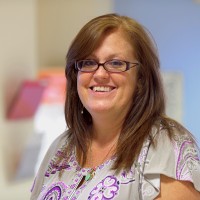All childhood cancers are rare. MSK Kids Rare Tumors Program focuses on the very rare kinds of solid tumors that kids and teens can get. The 2 most common solid tumors in children are neuroblastoma and sarcoma. But more than half of the solid tumors in young people are something else. These are the tumors our program treats.
MSK Kids cares for more children, teens, and young adults with solid tumors than any other hospital in the country. That deep experience is one reason we can get the best diagnosis and treatment results for these rare cancers.
We also get strong results because MSK’s team of experts work together to give the best care possible. They share a goal of choosing the best treatments, with the fewest side effects.
The care team includes pediatric oncologists (cancer doctors for kids), medical oncologists, surgeons, radiation oncologists, radiologists, clinical geneticists (experts in genetics), and other experts.
Types of pediatric rare tumors we treat
The Rare Tumors Program at MSK Kids treats young people with several types of tumors.
Wilms’ tumors and other kidney tumors: These cancers include Wilms’ tumor, renal cell carcinoma, rhabdoid tumor, and clear cell sarcoma of the kidney.
They also include congenital mesoblastic nephroma and other very rare kidney tumors in children.
Liver tumors: These include hepatoblastoma, hepatocellular carcinoma, fibrolamellar carcinoma, undifferentiated embryonal sarcoma of the liver, and other very rare liver tumors.
Germ cell tumors and sex cord stromal tumors: These include yolk sac tumor, choriocarcinoma, teratoma, embryonal carcinoma, seminoma, dysgerminoma, and Sertoli-Leydig cell tumor.
They also include granulosa cell tumor and other very rare testicular and ovarian tumors.
Carcinomas and other rare solid tumors: These include adrenocortical carcinoma, nasopharyngeal carcinoma, thyroid cancers, pleuropulmonary blastoma, pancreatoblastoma, and other pancreatic tumors in children. They also include chordoma, NUT carcinoma, and other very rare genetic solid tumors.
Carcinomas and digestive neuroendocrine tumors: These include colorectal cancer.
MSK also treats children with very rare tumors more often found in adults, such as melanoma.
Why choose MSK to treat your child’s cancer
MSK’s resources for kids with rare tumors
The MSK Kids Rare Tumors Program draws from several of MSK’s leading services for these cancers. These groups are expanding our understanding of rare cancers and improving treatments for them. MSK experts focus on these areas:
Innovative basic science research. The Tow Center for Developmental Oncology brings together researchers and MSK scientists who are exploring how childhood and young adult cancers start. They’re studying the biology of rare pediatric tumors with a goal of finding better treatments.
Studying tumor genetics. Through the Pediatric Translational Medicine Service, every child and young adult with cancer has their tumor studied for genetic changes (mutations or variants). This genetic information may give important clues about the best treatment for each person.
Genetic testing and counseling. This service is offered by the Clinical Genetics Service and Pediatric Cancer Predisposition Screening Program. They can help you and your family understand the role of genetics in your child’s cancer.
Cancer surgeons just for kids. Through our Pediatric Surgery Service, children and teens are cared for by cancer surgeons with special training in surgeries for young people. Our program also has surgeons who are experts in treating certain cancers that affect both adults and kids.
Cancer care just for young adults. The Lisa and Scott Stuart Center for Adolescent and Young Adult Cancers is improving cancer care for adolescents and young adults.
Researching rare pediatric tumors
MSK Kids researchers and doctors are learning as much as possible about pediatric solid tumors. As a major research institution, MSK runs one of the largest research programs for cancer in the country. Our studies in patients, also known as clinical trials, explore new treatments for pediatric rare tumors. This includes large worldwide research studies directed by the Children’s Oncology Group.
Your child may be able to join a clinical trial assessing a promising new medicine or other treatment for cancer
Pediatric Oncologists


Pediatric Endocrinologists

Pediatric Gastroenterologists
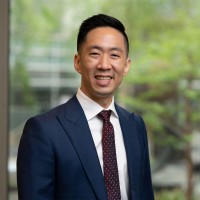

Pediatric Surgical Oncologists
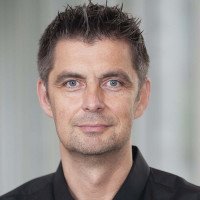

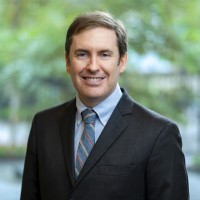


Pediatric Radiation Oncologists

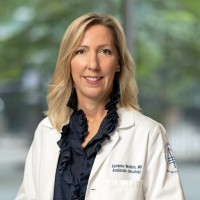
Pediatric Radiologists

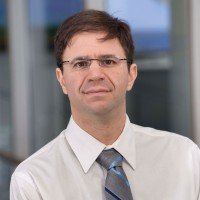
Psychosocial Support Specialists

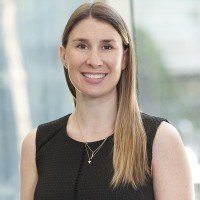
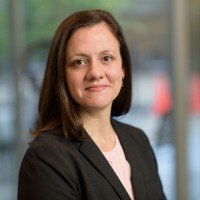

Long-Term Follow-Up Specialists


Advanced Practice Providers

